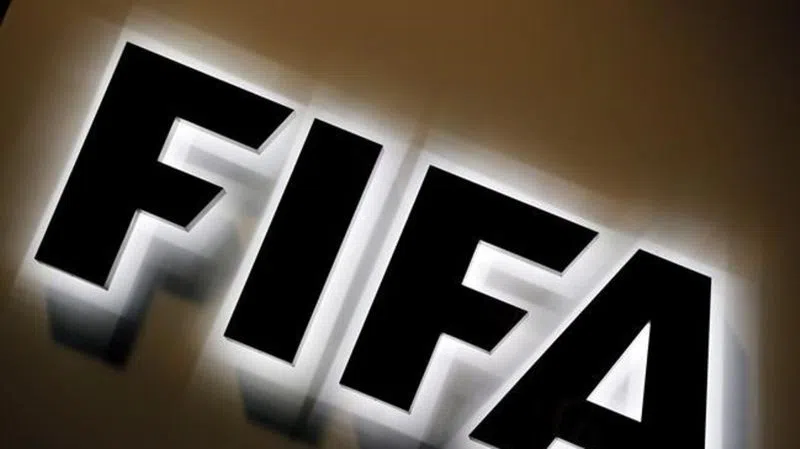
FIFA delegation meets with Canadian 2026 World Cup candidate cities
TORONTO — While much of the sports world was going into lockdown due to COVID-19, FIFA was in Toronto on Thursday planning for the future.
A FIFA delegation met with Canada Soccer and representatives from Edmonton, Montreal and Toronto — the three Canadian candidate host cities for the 2026 World Cup to be staged in Canada, Mexico and the U.S.
“We see this really as the kickoff of the journey with regards to this 2026 pathway that we have ahead of us,” Colin Smith, FIFA’s chief tournaments and events officer, told his audience of some three dozen at a downtown hotel. “Six years might seem a long time but it goes quickly.”
The FIFA delegation met with representatives from the three Mexican candidate cities earlier in the week. The U.S. portion of the trip was postponed due to COVID 19-related travel restrictions that looked to keep some candidate cities from attending.


